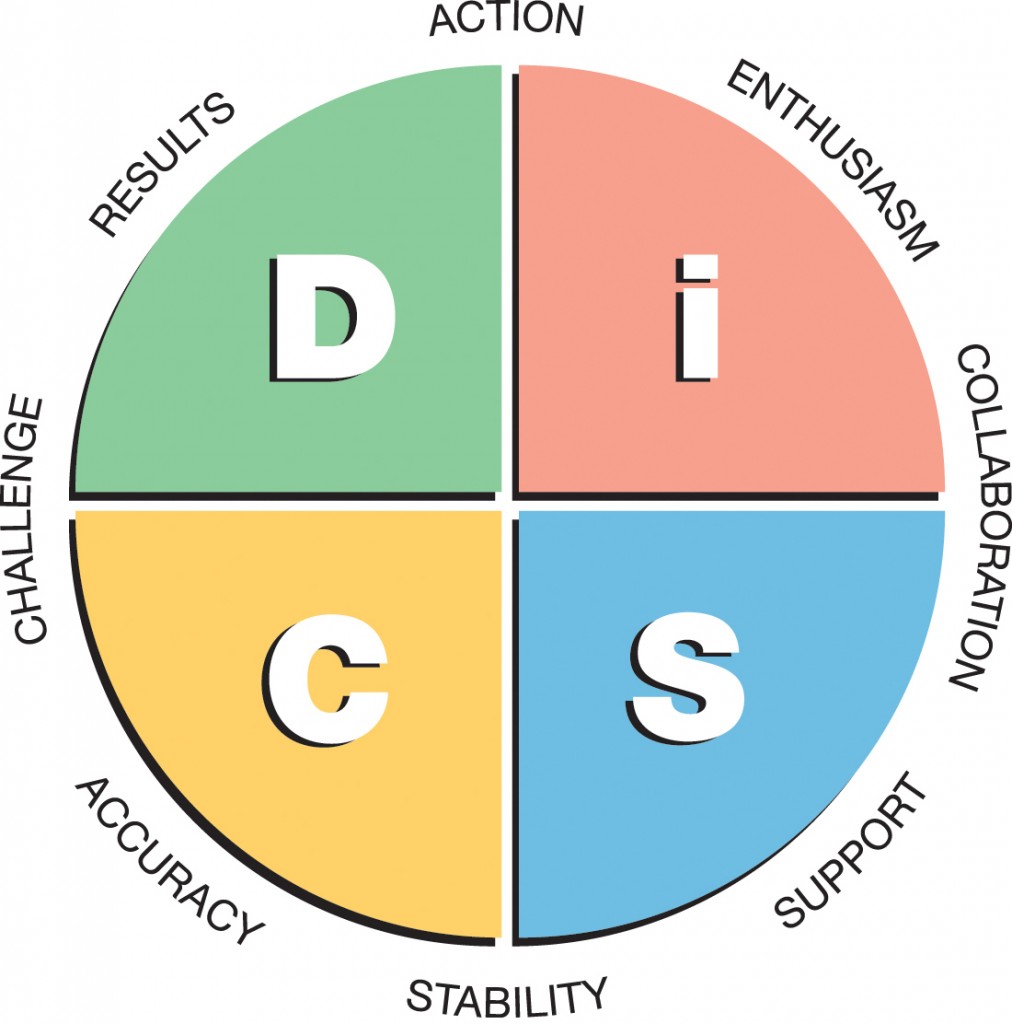Pre-employment tests: are they what your company needs to hire the right person?
We’ve previously written about how to hire the right people for your startup. When you’re looking to hire someone, every step from defining the position to interviewing candidates is crucial. First, you evaluate what position would be the most valuable addition to your team. Then, you get to the part of the process I like to call the Resumé Flood.  Inundated with resumés boasting every possible qualification, work experience, and attitude, you need to make a difficult decision and select the most promising candidates for follow-up. Let’s say that by the interview stage, you’ve narrowed it down to seven potential candidates. Among these seven people, four of them excel at their interview. From your brief first impressions, they all seem equally bright, hardworking, and competent.
Inundated with resumés boasting every possible qualification, work experience, and attitude, you need to make a difficult decision and select the most promising candidates for follow-up. Let’s say that by the interview stage, you’ve narrowed it down to seven potential candidates. Among these seven people, four of them excel at their interview. From your brief first impressions, they all seem equally bright, hardworking, and competent.
As the employer, this leaves you in a bit of a pickle: among these four equally competent people, how do you choose the best person for the job? How do you know who will work best with your team?
Pre-employment testing
This may be the moment when you turn to a pre-employment test. The use of these tests to screen applicants has gotten all the more popular to find the person who will be the perfect fit with the rest of your team.
They give employers the tools to evaluate applicants on a deeper, more significant level. They can test cognitive abilities. They can test technical knowledge. Physical and motor abilities. Personality and emotional intelligence. Depending on what the position requires, it can be something as basic as a drug test.
The DISC Assessment Tool
Of the myriad pre-employment tests out there, one that has become increasingly popular is the DISC assessment. The DISC assessment, rather than trying to measure your level of experience, personal skills, or motivations, simply tries to explain how you do what you do. It evaluates observable behaviour, which is the combination of your natural behaviour and your adapted behaviour.
Dr. Russel J. Watson stresses the importance of this point, as one’s behaviour at work is often a mix of natural and adapted behaviour. Other tests, like the Myer Briggs test, focus solely on natural behaviour. Myer Briggs is therefore more revealing of how we think, and DISC is more revealing of how we act. It’s the difference between knowing how your sales guy handles his customers and knowing his internal thoughts about his work. DISC focuses on behaviour, not on skills. Skills are easy to teach to a new hire, with the right practices and enough time. It’s much harder to change personality traits.
What is DISC?
The DISC personality assessment divides behaviours into four quadrants: dominance (D), influence (I), steadiness (S), and conscientiousness (C). After taking the test, DISC reports the relative strengths of the applicant, scoring them from 0 to 100 in D, I, S, and C.
Through this scoring system, the test allows for overlap between categories. For example, while your results may show that you rank highest on S, it may also find that you have the collaborative, social traits that are characteristic of I. As a result, you may end up in the Si subtype. The tool provides valuable information to help people better understand their behaviours, and consequently adapt their behaviour to others. Here is a brief overview of the four traits:
Dominance:
Someone who scores high on dominance will:
- be results oriented
- see the big picture
- not be afraid to disagree with others
Candidates who score high on D are blunt and confident. They operate by overcoming opposition rather than by collaborating and reaching out for other’s ideas. They take the lead on projects and follow through.
A dominant personality: Donald Trump, John McEnroe
Influence:
Someone who scores high on influence:
- is social, open, and values relationships
- reaches solutions by influencing or persuading others
- likes collaboration
People who score high on I like getting to solutions through open dialogue, overcoming challenges by influencing or persuading others. They like working with others, but fear being ignored. They are enthusiastic and energizing but are not as detail-oriented as for example a type C.
An influencing personality: Bill Clinton, Jay Leno
Steadiness:
Someone who scores high on steadiness:
- is calm, sincere, and doesn’t like to be rushed
- wants to accommodate everyone
- can hesitate in making decisions
If you score high on S, you emphasize cooperation as the way to reach a solution, and thrive in a stable environment. You give support to your coworkers and are patient, predictable, and deliberate. You’re a good listener.
A steady personality: Jimmy Stewart, Mahatma Gandhi
Conscientiousness:
Someone who scores high on conscientiousness:
- likes to work independently
- is detail-oriented
- reasons objectively, not emotionally
Scoring high on C, you are extremely diligent in your work, with both quality and accuracy being extremely important to you. You’re the classic perfectionist: you follow through meticulously, you’re careful with your choices, and you like working on your own more than with a group.
A conscientious personality: Bill Gates, Albert Einstein
 Image courtesy of Resources Unlimited
Image courtesy of Resources Unlimited
The Verdict
So now you know the basics about DISC. The question is, is it the appropriate assessment tool for your company? Some prefer to choose a candidate based on one-on-one contact, pointed interview questions, and personal chemistry. Others who made bad hires before they started using DISC and only good ones after now refuse to hire without a test. Using DISC, you also need to understand its limitations. Ira Wolfe made the valuable point that DISC is not necessarily a good predictor of job skills. However, it is powerful in predicting how a candidate will interact with other people and approach a project. When choosing an assessment tool, you need to consider several things:
- Is the test valid? Does it measure what it’s supposed to measure?
- Is the test reliable? Does it measure with consistency in its results?
- Is the test suited to your company’s needs?
Six things we like about DISC:
- DISC is extremely user friendly. Most DISC assessments take only 10-15 minutes to complete, and the questions are easy to understand.
- The assessment values neutral language. This means you cannot score well or badly, you’re simply evaluated according to the four different personality types.
- It helps you identify personality types that complement your team. Diversity of thinking is key in a successful team, especially in a startup. You want to have a diverse team that can think of problems and solutions from different perspectives. If your team is all Cs, then you might want to add an I or an S.
- It can counterbalance your own hiring weakness. After all, someone can be a great manager and a terrible interviewer.
- It removes personal biases. A test is more objective than an “emotion-clad human being.”
- It can help people better understand themselves and adapt their behaviour at work.
Six things we don’t like:
- It doesn’t replace face-to-face interactions. Karla Taylor warns of companies with more impersonal, arm’s-length management styles using tests like DISC to substitute and avoid personal interaction with team members. Avoiding communication is bad communication.
- People often select the answers they think interviewers want to hear, not the ones that suit them best. This skews test results.
- It can lead to harmful assumptions that limit personal development: Ss and Cs are more reserved, Is and Ss are more social, Ds and Cs are task focused. However, not all salespeople are I or D, nor are all accountants are C.
- Weak scientific basis: the consensus among psychologists is that personality has five factors. DISC only has four quadrants.
- The test is only good if you know what your team needs. If you think you need an independent, detail-oriented number cruncher of type C, but in fact your company would benefit more from a type D big-picture thinker, you may still make the wrong hire.
- It doesn’t account for people exhibiting more than one type of behaviour. Instead it assumes similar behaviour across the board, not accounting for the fact that someone can be for example both conflict-provoking (like a type D) and consensus-building (like a type S), depending on what situation they’re in.
DISC can be useful: but use it in combination with other tools
At the end of the day, DISC is specifically designed to address business-related behaviour, and through that assess who will best impact your team. It is not a personality test that attempts to create a complete psychological profile of the user. We believe that DISC can be a useful tool, but that it should be used in combination with other methods. It is not a replacement for an interview, but a complement for one.
Lastly, before deciding whether to use an assessment tool or not take a look at your company culture. Look at your leadership qualities. Only then can you decide if DISC will help you in selecting the right candidate. Likewise, while DISC may work well for your company, other assessment tools like Myer Briggs, Predictive Index or Prevue may be the best fit. What has your experience been with pre-employment assessment tools? Would you consider using DISC? Share your experiences with us in the comment section below.